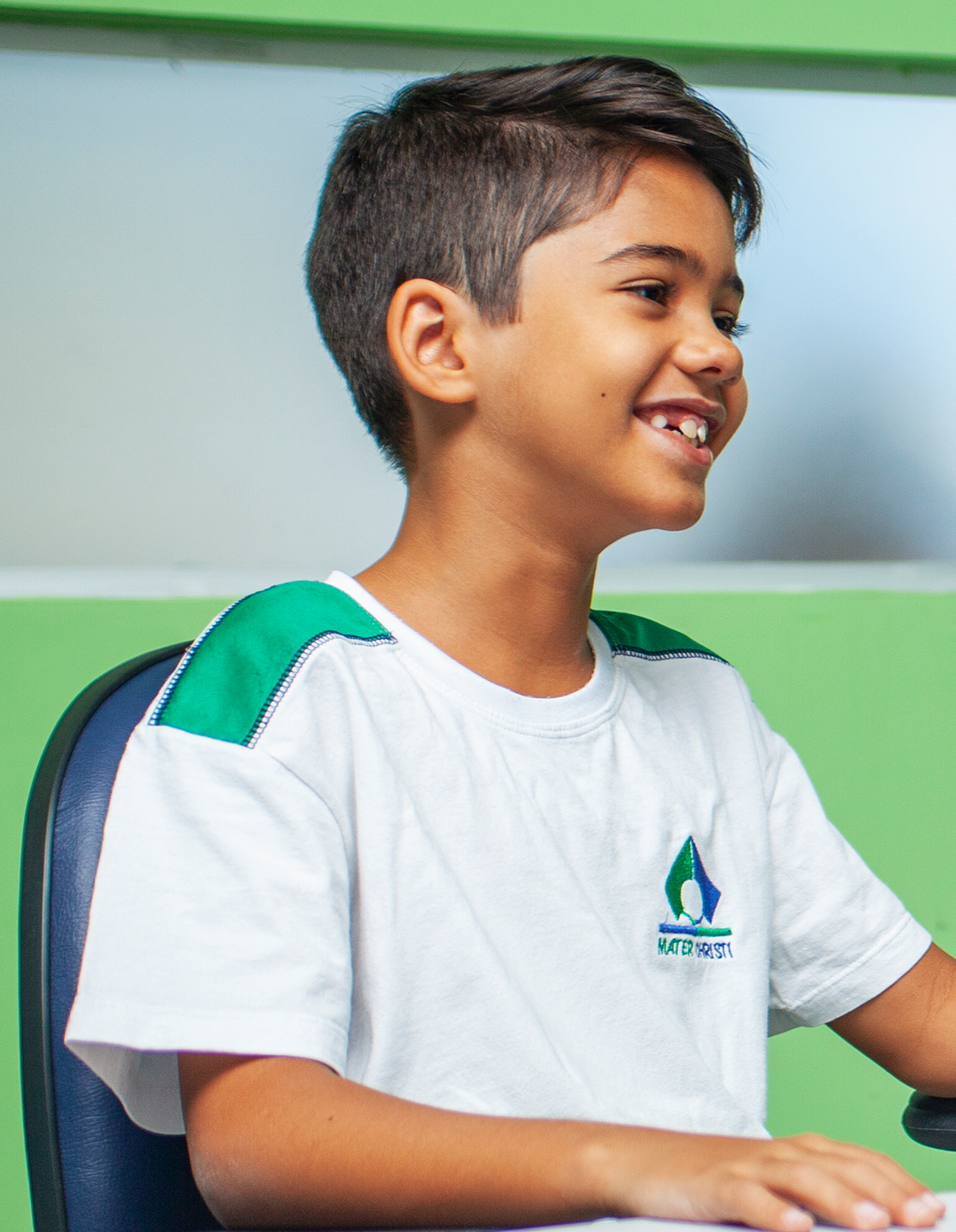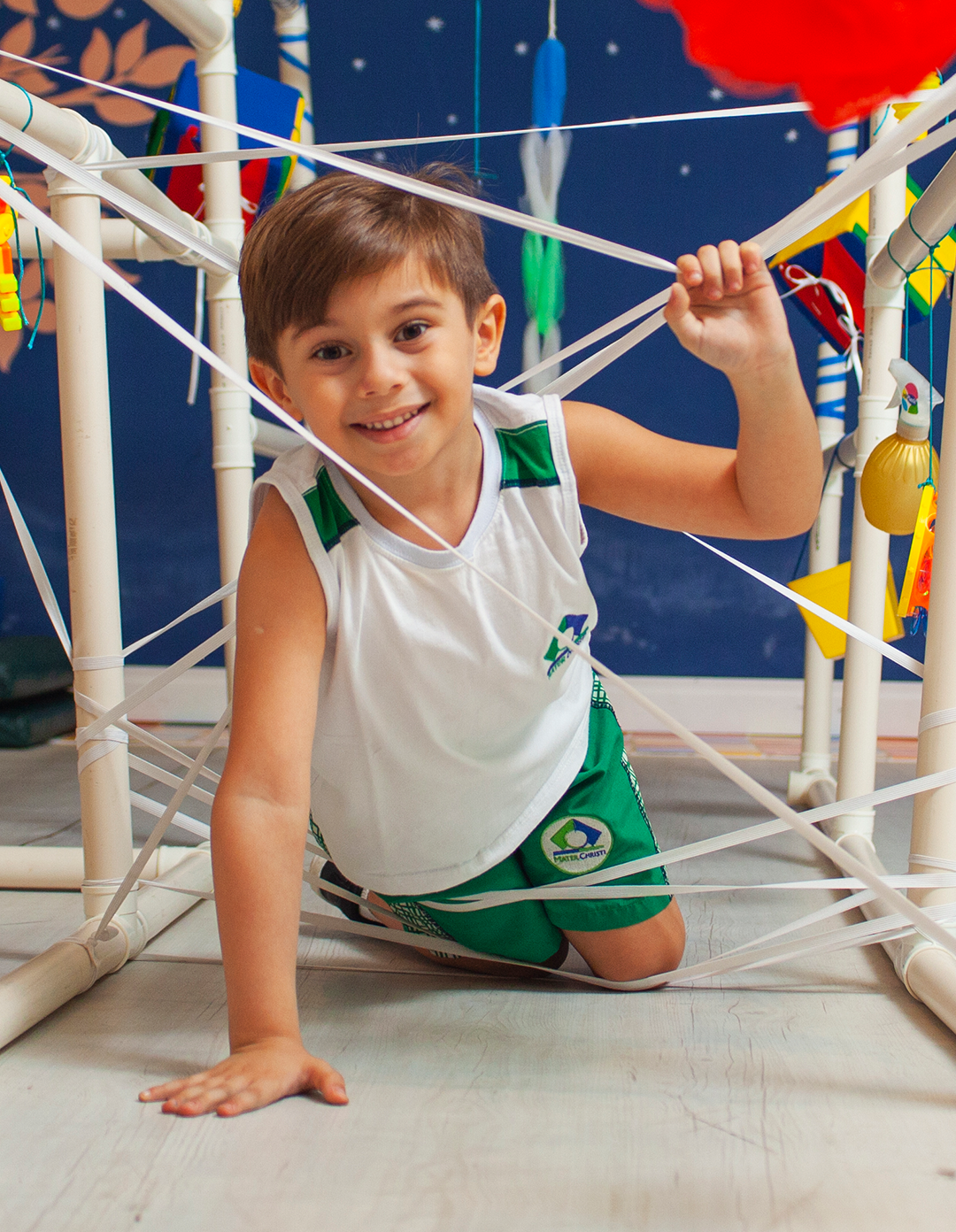Metodologia
The Mater Christi School favors the creation of an affective environment, a fundamental condition for learning.
The Mater Christi School has as main objective to train conscious individuals capable of measuring and resizing their knowledge and contributing to the common good through a critical, creative and reflective participation, being able to act and interact in society.
To meet this objective, our curriculum proposal is supported by Law 9394/96 and Curriculum Parameters (MEC), developing work that:
Favors the creation of an affective environment, a fundamental condition for learning. It works with the concept of “zone of proximal development” (ZPD) which, according to Vigotsky, favors the construction of subjectivity and the emotional strengthening of the child.
Promotes the construction of reading and writing, revealing its social function. Reading means giving meaning and for that, it is necessary to have sufficient cognitive resources and safe interventions by the teacher.
Expands the logical-mathematical reasoning through experiments with the environment and encouragement to the challenge. When overcoming challenges and conflicts, the level of development is increased, providing the expansion of knowledge.
Invests in aesthetic education through projects that involve pictorial language. Art as an expression of man to understand the world.
Enables a sociomoral environment to work on values. Sociomoral environment implies a continuous respect for others and the environment. According to Piaget, “the biggest challenge for educators is to involve children and young people in activities in which they build their own moral convictions about their relationships with others, moving from heteronomic to autonomous morality.”
Encourages the inclusion of transversal themes, promoting the acquisition of broad and diversified knowledge.
Provides physical-playful or sports activities with the aim of developing the potential of each student, in addition to ensuring socialization and integration.
Seeks continuous partnership with the family and community. The function of educating today goes beyond the limits of the classroom and the walls of the school, involving family and community. In this perspective, the joint work School x Family x Community is fundamental for the integral formation of the student – “the future citizen”.
It is based on the Common National Curriculum Base and, as such, works with a focus on developing the Skills and Competencies of the student body.




